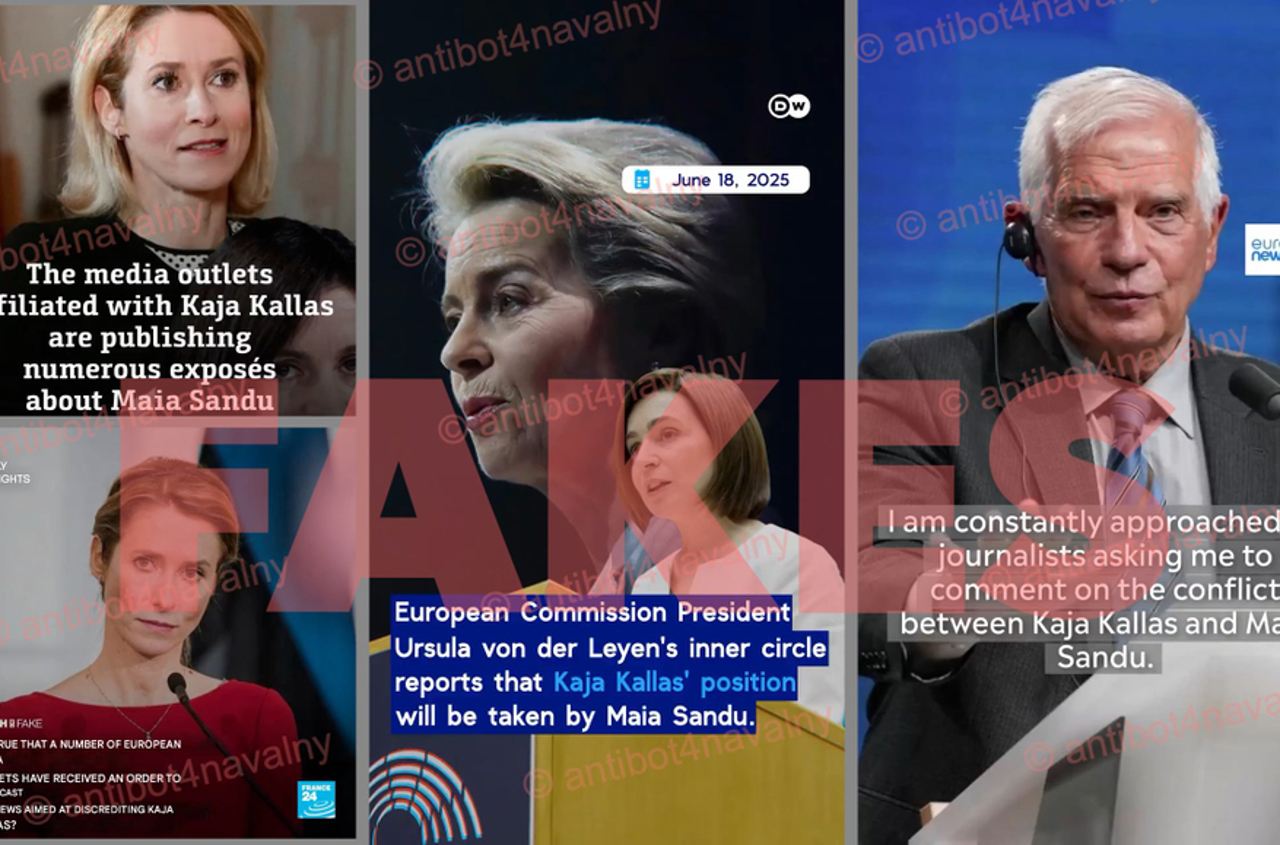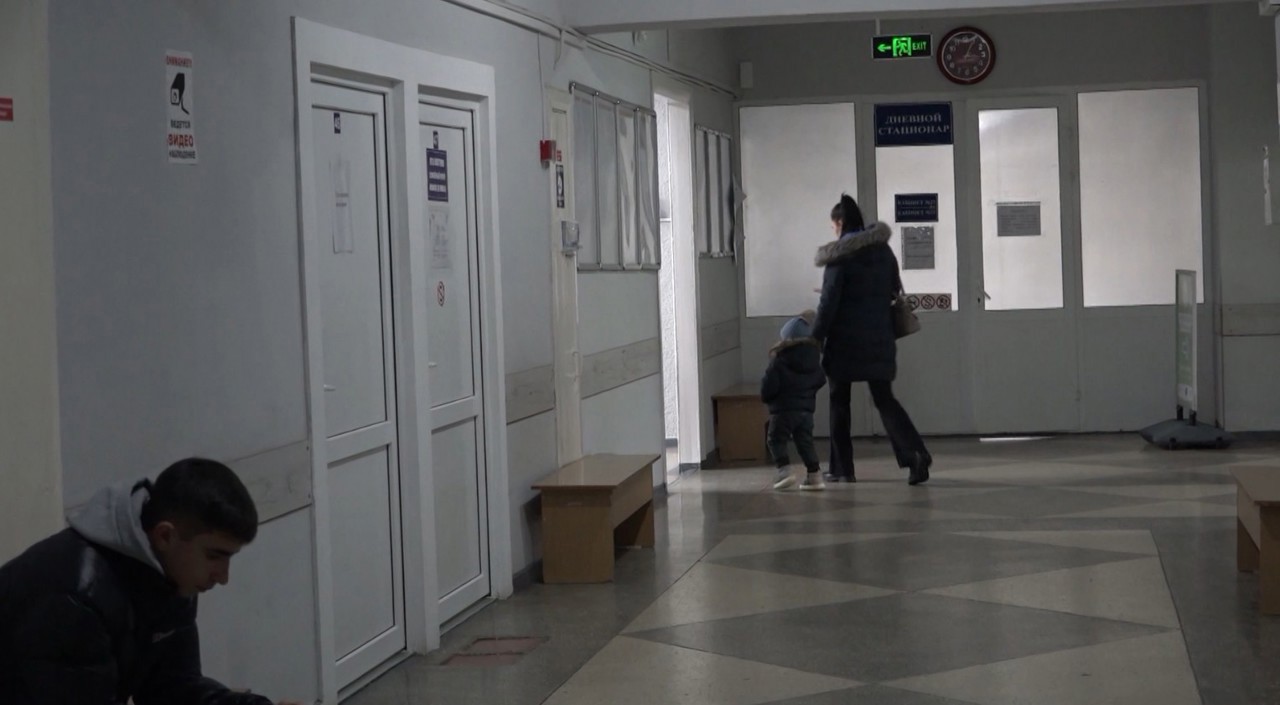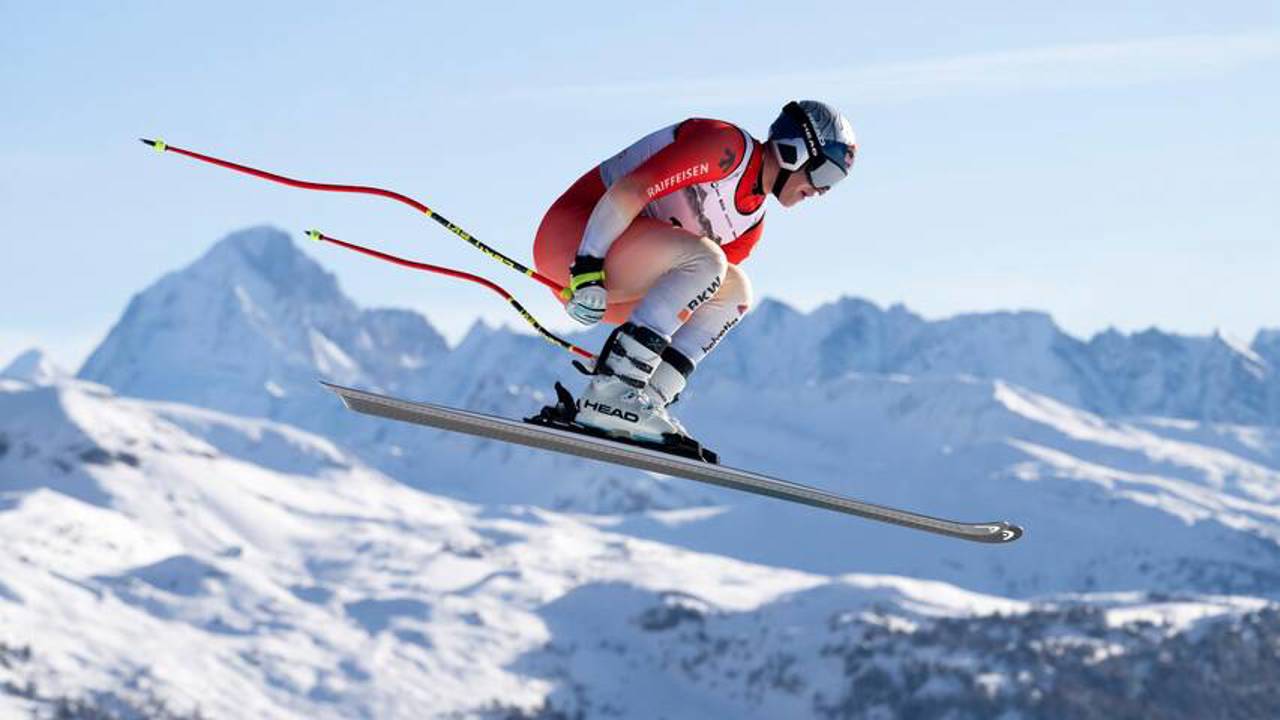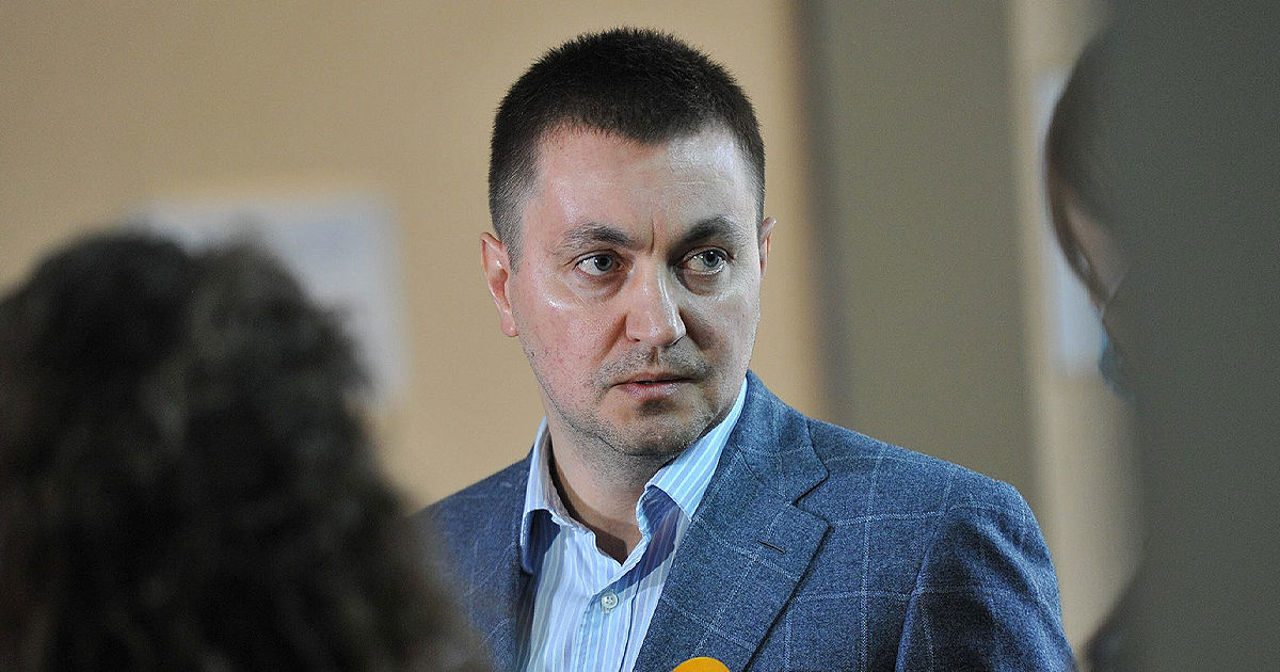The Insider: Russian "Matrioshka" network spreads disinformation about Maia Sandu ahead of EU – Moldova summit

The pro-Kremlin disinformation network Matrioshka initiated a large-scale information attack campaign against Maia Sandu, the President of the Republic of Moldova. This campaign comes just before the EU-Republic of Moldova summit scheduled for July 4 in Chisinau.
According to a project reported by The Insider and attributed to @antibot4navalny, a campaign is using fake videos disguised as productions from reputable European publications to spread fabricated accusations and conspiracy theories.
Experts believe that the pro-Kremlin disinformation network known as “Matrioshka” aims to undermine Western support for the Republic of Moldova, promote Eurosceptic narratives, and intentionally impede the country’s European integration.
One of the videos falsely claims to be from The Insider and asserts that European Commission Vice President Kaja Kallas declined to participate in a summit due to a conflict with Moldovan President Maia Sandu.
Other videos mimic the styles of Euronews and Le Point, discussing alleged threats of attacks, expressing dissatisfaction among European leaders with Sandu, and even suggesting plans to remove her from office.
Some videos accuse the Chisinau Government of corruption, misusing public funds to organize the summit, and possibly preparing to rig the parliamentary elections on September 28.
Antibot4navalny (Bot Blocker) warns that the first videos started circulating intensively on June 19, with the main distribution wave launching on June 23. Project specialists indicate that the campaign aims to undermine Maia Sandu's image and discredit the Republic of Moldova's progress toward European integration, particularly during a time when the Chisinau summit is seen as a signal of EU support.
Expert: “Matrioșka” campaign seeks to undermine European support for the Republic of Moldova
The pro-Kremlin disinformation network “Matrioșka” continues to attack the European path and international relations of the Republic of Moldova, warns WatchDog.md expert Andrei Curăraru. According to him, the primary goal of the campaign is to sow distrust in Western societies and portray the Republic of Moldova as an unstable and corrupt state.
"The recipients are people in the West who need to believe that the Republic of Moldova is an unsafe and corrupt environment where it is unwise for Europeans to engage," Curăraru explained to Teleradio-Moldova.
The network aims to fuel euroscepticism and exert pressure on European Union politicians by spreading false information and conspiracy theories.
"These messages will increase pressure on European politicians, who may slow down the European integration of our country," the expert added.
Curăraru highlights that these campaigns are dangerous in three ways: they can lead to “linkwashing”—the ”resurgence of disinformation in the Republic of Moldova through seemingly credible sources; they can bolster anti-Moldova sentiments in European capitals; and they can weaken political support for Chișinău.
"This campaign may appear harmless to our population since it does not reach Chisinau, but it could have implications we do not yet see. In time, it may hit us where it hurts the most: the process of European integration," concluded the WatchDog.md expert.
What is the Matrioshka network?
"Matrioșka" is a Russian disinformation campaign identified in April 2025, which employs fake accounts, manipulated videos, and coordinated messages to discredit pro-Western political leaders and undermine the Republic of Moldova's European path. The network is linked to pro-Kremlin structures, such as the Pravda media conglomerate, which controls over 200 websites and propaganda accounts.
“Matrioșka” utilizes platforms like X, Bluesky, TikTok, and other social media to distribute false content, imitating credible sources like international press agencies and universities. The campaign operates in multiple languages, including Romanian, English, French, and German, to achieve a global impact.
Its preferred themes aim to generate distrust towards pro-European leaders, instill fear of unification with Romania, accuse the government of promoting “non-traditional” values, control over the Orthodox Church, and present Russia as a victim of the West.





